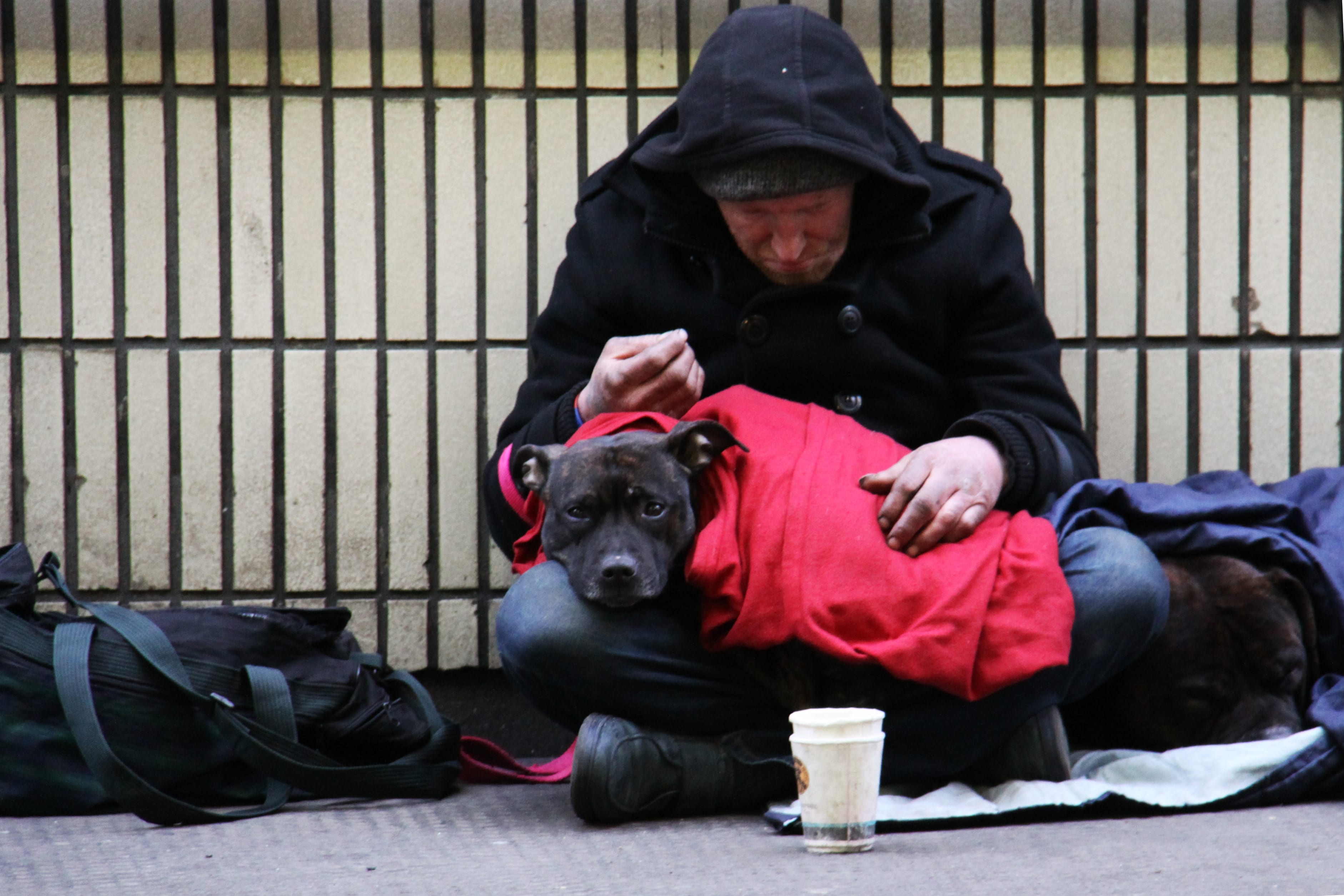Advocates argue California’s homeless shouldn’t have their necessary belongings tossed in the trash.
Last year, there were more than 150,000 homeless people in California, according to the U.S. Department of Housing and Urban Development and 72% of them did not have a place to stay. With the California Department of Transportation now doing routine sweeps of homeless encampments, those on the streets are forced to continually relocate time and again, establishing temporary neighborhoods that have to be torn down and resembled every couple of weeks and often having their possessions tossed, which advocates say violates their rights.
State officials have battled outbreaks of Hepatitis A, which is spread largely through feces, in recent years. It has infected more than 700 people in California, most of them homeless, according records. Other diseases, typically vaccinated, have also become problematic among the state’s homeless population. Residents are concerned over the ever-increasing number of homeless camps that are cropping up in their neighborhoods and polluting public gathering places. Officials have invested a substantial amount of time and effort clearing and re-clearing areas.

Governor Gavin Newsom has asked state lawmakers to invest $1.4 billion into programs designed to alleviate the crisis. “The state of California is treating homelessness as a real emergency – because it is one,” Newsom said. “Californians are demanding that all levels of government – federal, state and local – do more to get people off the streets and into services – whether that’s housing, mental health services, substance abuse treatment or all of the above.”
On the other side of the argument are those who do not have a permanent abode and advocates that say abruptly tossing personal possessions, especially vital ones like medications and medical devices, is cruel and even unconstitutional. Belongings are often designated by law enforcement officials as garbage and immediately removed without the say of those who possess them. However useful, everything is tossed into a trash compactor. It is also difficult to treat conditions residents are concerned with in which medication is actually prescribed if it is going to be discarded.
In 2018, a federal court case involving a camping ban in Boise, Idaho, determined that cities can’t cite people for sleeping on public property when they don’t provide anywhere else to go. However, the law does not apply to personal belongings.
The California Department of Transportation is required to post notices of cleanups before clearing out homeless encampments on state property, but according to advocates, this doesn’t always happen. If items are deemed a public health concern, they can still be tossed. Housing advocates have filed lawsuits over seized belongings.
Eric Tars, legal director of the National Law Center on Homelessness and Poverty, contended, “If cities spent half the energy on trying to provide access to sanitation as they did on trying to find constitutional ways to take people’s belongings, they could address homelessness.”
Workers also state they hate doing the cleanups. “It’s like 100 times worse than it was just a few years ago,” said Steve Crouch, director of public employees for Local 39 of the International Union of Operating Engineers, which represents the cleanup crews. “One of the biggest gripes they have is having to clean up the homeless encampments. It’s a nasty job.”
Sources:
Sweeps Of Homeless Camps In California Aggravate Key Health Issues
California governor seeks $1.4 billion to combat homelessness as crisis grows


Join the conversation!